Infertility

Best Infertility Specialist in Noida: Who Should You Consult?
September 10, 2025Based on the 2023 statistics of the World Health Organisatio...

Top-Rated Infertility Doctors in Chandigarh
August 14, 2025Advanced fertility techniques are changing the route to parenthood for countless couples in Chand...

Finding the Right Infertility Specialist in Dwarka? Expert Care Near You
August 12, 2025According to the Journal of Obstetrics and Gynaecology in India, nearly 10 to 15% of couples face...
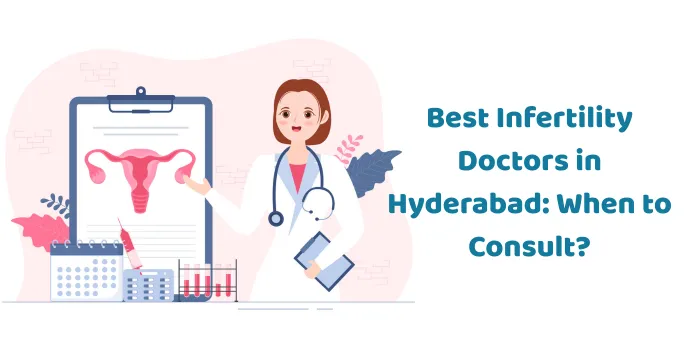
Best Infertility Doctors in Hyderabad: When to Consult?
August 11, 2025In India, about 25% of women struggle to conceive or maintain a pregnancy. They face infertility,...

Struggling with Infertility? Top Fertility Doctors in Banjara Hills Can Help
August 11, 2025The journey to parenthood isn’t always as smooth as expected. For many couples, months turn...

Pregnancy & Gynecology Care? Top IVF Doctors in Lajpat Nagar
August 6, 2025Over 30 million women in India consult with a doctor for pregnancy, fertility, and reproductive i...
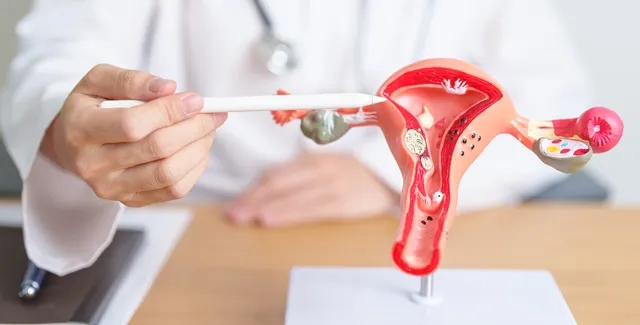
Tubal Factor Infertility
March 20, 2025Tubal factor infertility involves any factor preventing a woman from becoming pregnant an...
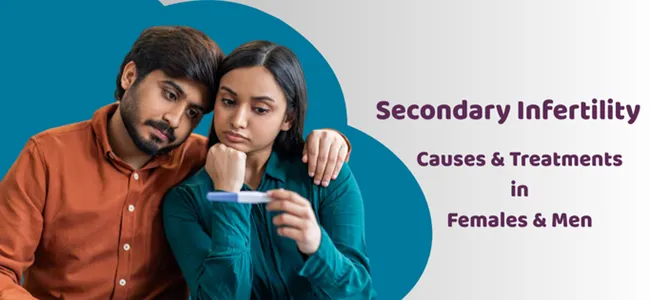
Secondary Infertility
March 20, 2025When the first baby comes in, it seems easy to conceive the second one. That's not al...
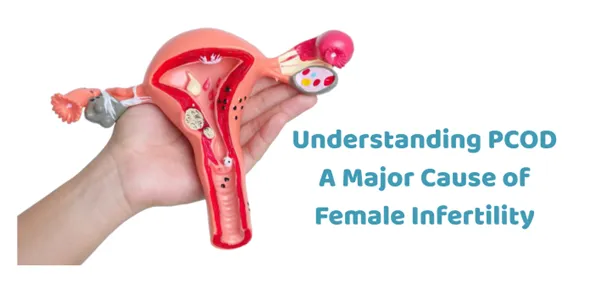
Understanding PCOD: A Major Cause of Female Infertility
March 19, 2025PCOD, or polycystic ovarian disease, is a common hormonal condition that affects women an...
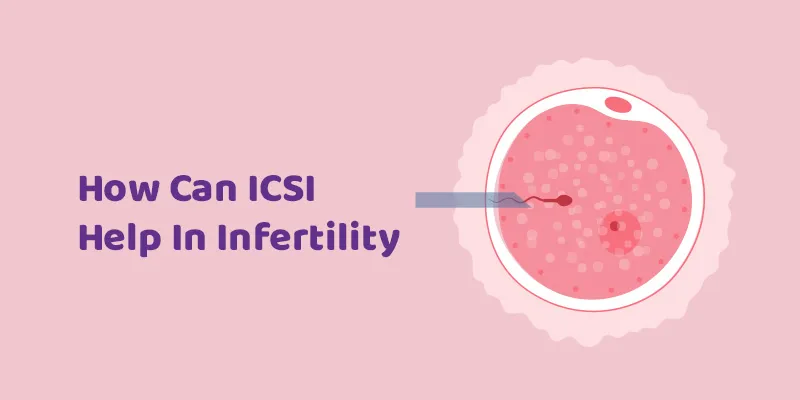
How Can ICSI Help in Infertility
March 18, 2024Female and male infertility is a complex issue that affects many coupl...

The Link Between Varicocele and Male Infertility: A Comprehensive Overview
November 22, 2023Male infertility is a prevalent issue that affects many couples trying...
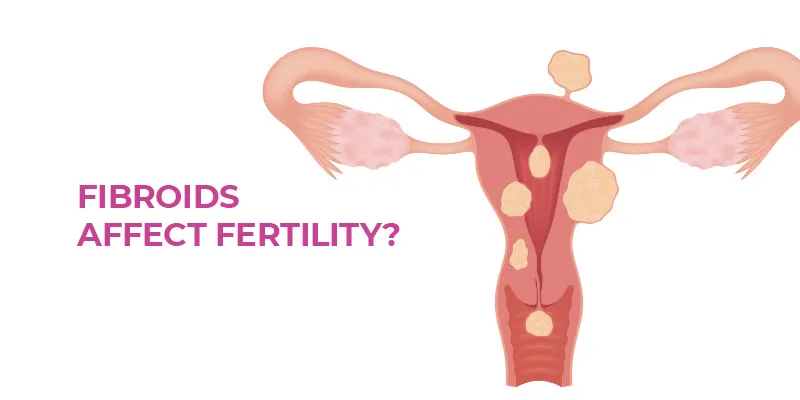
Navigating Infertility and Fibroids: A Comprehensive Guide
November 21, 2023Infertility can be a challenging journey for many couples hoping to co...
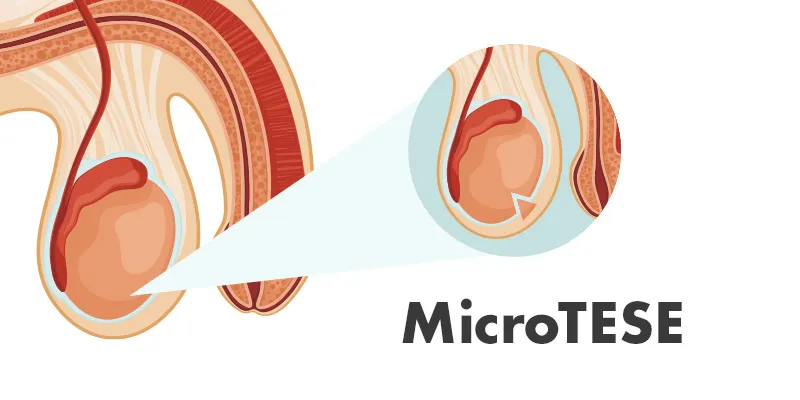
MicroTESE: A Microscopic Solution for Male Infertility & Its Success Rate
November 6, 2023Infertility is a deeply personal and challenging journey that many cou...
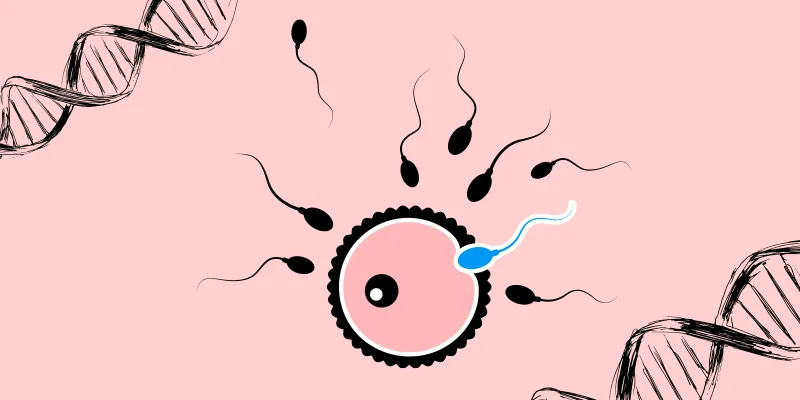
Surprising! Infertility Too Can Have a Genetic Basis
November 3, 2023Infertility is a common issue that affects many couples and it can be ...
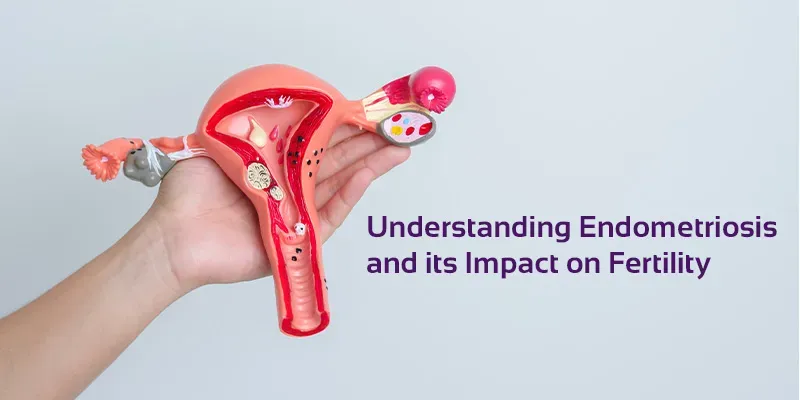
Infertility And Endometriosis
October 31, 2023Infertility can be an emotionally challenging journey for couples who ...

Exploring Male Infertility: Causes, Diagnosis and Treatment Options
September 21, 2023Infertility can be a challenging journey for couples who are trying to conceive. While often perc...

The Role of Male Factor Infertility in IVF: Diagnosis and Treatment Options
September 21, 2023Have you and your partner been struggling to conceive? If you've been recommended for IVF or ...

The Role of Nutrition in Fertility: Foods to Enhance Conception
September 12, 2023Struggling with fertility can be a challenging and emotional journey f...

What is secondary infertility? Here’s everything you need to know
December 22, 2022While you will be more prepared for the second pregnancy, it might n...

11 Common Causes of Male Infertility
October 10, 2022Unless a person is trying to have a child, signs of infertility may ...